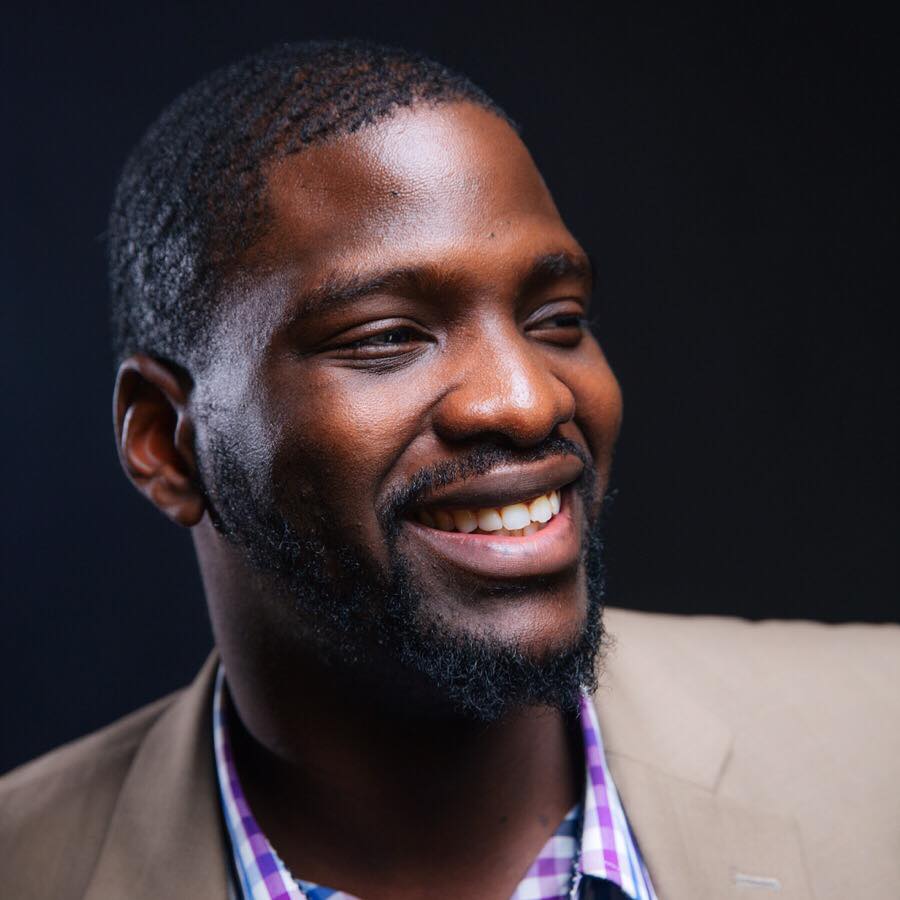Serena Williams has always been more than an athlete. She’s been a movement. A mirror. A force of change in the world of sports and beyond.
So it’s only fitting that when the WNBA plants its flag in Canada for the first time, one of the greatest athletes in history will be standing at the front of the line.
The Toronto Tempo — the league’s first Canadian franchise, set to debut in 2026 — announced that Williams has joined the team’s ownership group. She’ll partner with Canadian billionaire and longtime sports executive Larry Tanenbaum, becoming the latest former professional athlete to stake a claim in the W’s future.
“I am thrilled to announce my ownership role in the first Canadian WNBA team, the Toronto Tempo,” Williams said in a statement. “This moment is not just about basketball; it is about showcasing the true value and potential of female athletes.”
That quote — equal parts conviction and vision — speaks to why this move matters. For Serena. For Toronto. And for the WNBA.
A Homecoming Rooted in Legacy
There’s a poetic symmetry here. Serena made her professional debut at age 14 in Canada, at the 1995 Bell Challenge in Quebec. Now, 30 years later, she’s helping write the next chapter of women’s sports in the country that helped launch her journey.
But this isn’t just a nostalgia play. It’s a strategic step from someone who’s made post-retirement moves with precision.
Williams has already invested in women’s soccer through Angel City FC and holds minority ownership in the Miami Dolphins and TGL’s Los Angeles Golf Club. She’s built a portfolio that reflects her values — equity, visibility, and belief in women as drivers of both excellence and revenue.
“She’s the greatest athlete of all time,” said Tempo President Teresa Resch, formerly of the Raptors’ front office. “And her commitment to using that success to create opportunities for other women is inspiring.”
A Brand and a Vision
This is not a silent partnership. Serena isn’t just lending her name to the project — she’s shaping its identity. She will have a direct hand in the team’s jersey designs and merchandise collaborations, two areas where her influence can’t be overstated.
Serena didn’t just dominate tennis. She redefined what an athlete could look like, dress like, and act like. The white beads. The denim skirts. The black catsuit. The custom Nike kicks at the 2022 US Open. Serena was the moment — and the muse — for a generation of women in sport and fashion.
Now she brings that energy to the WNBA, where branding, merch, and visibility are cornerstones of growth. Fans don’t just want to watch — they want to wear, rep, and live the culture. Serena understands that intuitively.
In a league that’s leaned heavily on authenticity and aesthetic — think A’ja Wilson’s Nike drops, Breanna Stewart’s maternity sneaker campaign, or the viral success of tunnel fits — adding Williams is like adding a stylist who already happens to be a global icon.
Why This Matters for the W
The WNBA is expanding — three new teams over the next two years — but expansion isn’t just about geography. It’s about influence.
And Serena Williams is influence incarnate.
She’s more famous than most WNBA owners, athletes, or execs. She brings not just celebrity, but gravity. She brings access to capital, cultural cachet, and credibility with younger audiences that trust her not just as a former athlete, but as a tastemaker.
That matters in a league still fighting for mainstream coverage and equal commercial footing. Every new investor counts, but some count more than others. Serena counts in ways that shift conversations — in boardrooms, in locker rooms, and on social feeds.
With Magic Johnson, Tom Brady, Dwyane Wade, and Renee Montgomery already involved in WNBA ownership, the league is building an investment class that knows how to grow brands from the inside out. But Serena’s involvement feels different. More personal. More targeted. More intentional.
“She exemplifies the very best of what the Tempo stand for,” Tanenbaum said. “We couldn’t be more honored to have Serena in our court.”
Toronto Gets a Power Player
For Toronto, this is an instant credibility boost. The city has long clamored for a WNBA franchise, and the Raptors’ 2019 championship proved the market’s hunger for basketball runs deep. Now, the Tempo enters with a globally recognized owner, a respected president in Resch, and two years to build momentum before their first tip-off.
Serena helps them become more than a team. She makes them a statement.
And while she won’t be the majority owner, she won’t be a figurehead either. With her track record in fashion, business, and investing, it’s hard to imagine a more fitting figure to help shape the WNBA’s first international franchise.
This is what progress looks like. Not just more teams. Not just more games. But more women — especially Black women — owning the very platforms they once had to fight just to play on.
Final Word
Serena Williams already changed what was possible on the court. Now she’s doing it off of it. For Toronto. For the WNBA. For the next generation of girls who grow up dreaming of becoming not just champions — but owners.
And as always with Serena, she’s just getting started.






0 Comments